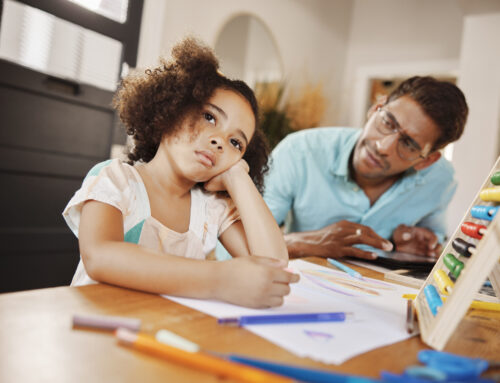Many parents wonder when and how to talk to their children about race and racism. Rachel Berman, researcher and graduate program director of the School of Early Childhood Studies at Ryerson University in Toronto, recommends that it is never too early to start talking to children about race. In general, she advises that parents be alert to the ways that they may be implicitly conveying their own attitudes about race to children, and she suggests that parents consider their children’s age and maturity level in considering how to discuss race.
Here are some of her tips for discussing race and helping children develop tolerance at all ages:
- Infants and Toddlers: Read books and show tv shows and movies that include children from diverse backgrounds. Seek out diverse playgroups and childcare. Be alert if children ask questions about different physical characteristics, for example, and answer in an age-appropriate manner.
- Preschoolers: Children may begin to notice race and make statements about others who are different from them. If children make negative or hurtful comments about others, use that as an opportunity to open up discussion about differently colored skin tones and other differences between people.
- School-Aged Children: When they begin school, children are exposed to increasingly diverse viewpoints and ideas. At this age, they can begin to understand more explicit teaching and guidance about how to think critically about what they hear from others. In an age-appropriate manner, parents can open up discussion about how different races are portrayed in the media and begin to teach children that some people are treated unfairly because of their skin color.
- Tweens and Teens: As they mature, children are able to have more in-depth, nuanced conversations on racism and prejudice. Teens may be reading things online that are factually incorrect, and parents can teach them to think critically about the sources of the information they receive. Parents can engage teens in discussions about current events and help them thoughtfully develop their own opinions.
Further Reading:
Let’s Talk about Race by Julius Lester
Further guidance from Rachel Berman: How to talk to kids about racism: An age-by-age guide





